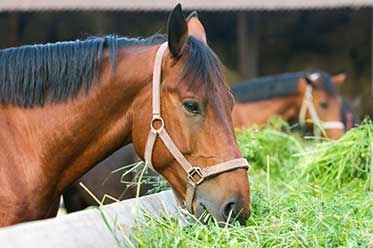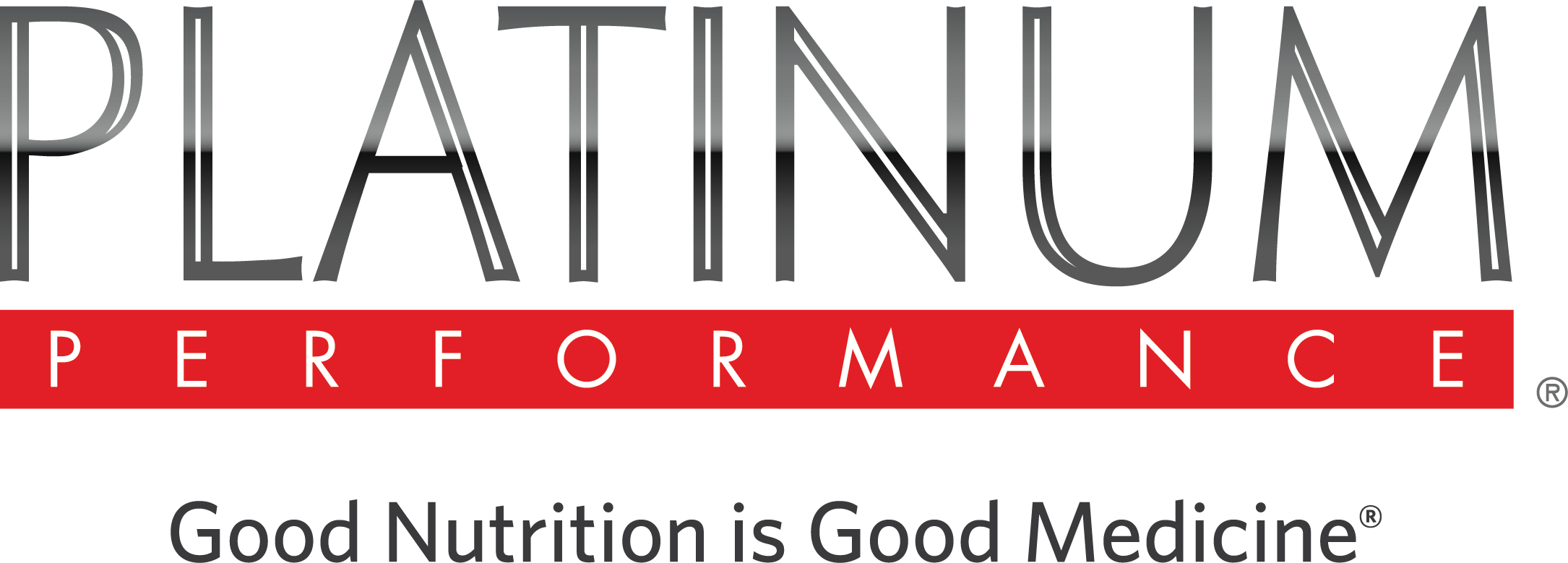How to Feed a Performance Horse: A Comprehensive Guide

Feeding a performance horse requires a strategic approach to ensure optimal health, energy, and recovery. This guide covers everything from understanding nutritional needs to practical feeding tips, complete with tables, lists, and FAQs to help you provide the best care for your equine athlete.
Understanding the Nutritional Needs of Performance Horses
Performance horses have higher energy demands than leisure horses due to their intense physical activity. Their diet must balance energy, protein, vitamins, and minerals to support muscle function, stamina, and overall health.
| Nutrient | Role in Performance Horses | Sources |
|---|---|---|
| Energy (Calories) | Fuels physical activity and recovery | High-quality forage, grains, fats |
| Protein | Repairs and builds muscle tissue | Alfalfa, soybean meal, commercial feeds |
| Vitamins & Minerals | Support immune function and metabolic processes | Salt blocks, mineral supplements, fresh forage |
Key Components of a Performance Horse’s Diet
- Forage: The foundation of any horse’s diet, forage should be high-quality hay or pasture, providing fiber essential for digestion.
- Concentrates: Grains and commercial feeds supply additional energy and nutrients not met by forage alone.
- Supplements: Depending on the horse’s workload and health, supplements like electrolytes, joint support, and vitamins may be necessary.
Feeding Schedule and Portion Control
Consistency is crucial. Feed smaller, frequent meals to maintain energy levels and prevent digestive issues.
- Morning: Forage plus a portion of concentrate
- Midday: Forage or turnout on pasture
- Evening: Forage plus concentrate and supplements
Adjust portions based on workload, body condition, and veterinary advice.
Hydration and Electrolyte Balance
Performance horses lose significant fluids and electrolytes through sweat. Always provide fresh water and consider electrolyte supplements during intense training or competition.
Monitoring and Adjusting the Diet
Regularly assess your horse’s body condition, performance, and behavior. Work with a veterinarian or equine nutritionist to tailor the diet as needed.
FAQ: Feeding Performance Horses
Q1: How much forage should a performance horse eat daily?
A: Generally, 1.5-2% of the horse’s body weight in forage is recommended daily.
Q2: Can I feed only grain to a performance horse?
A: No, forage is essential for digestive health and should never be completely replaced by grain.
Q3: When should I add supplements?
A: Supplements are beneficial when specific nutritional gaps exist or during periods of increased workload.
Q4: How do I know if my horse is dehydrated?
A: Signs include dry gums, sunken eyes, lethargy, and decreased skin elasticity.
Feeding a performance horse is a dynamic process that requires attention to detail and ongoing adjustments. By understanding their unique nutritional needs and maintaining a balanced diet, you can help your horse perform at its best and stay healthy.
